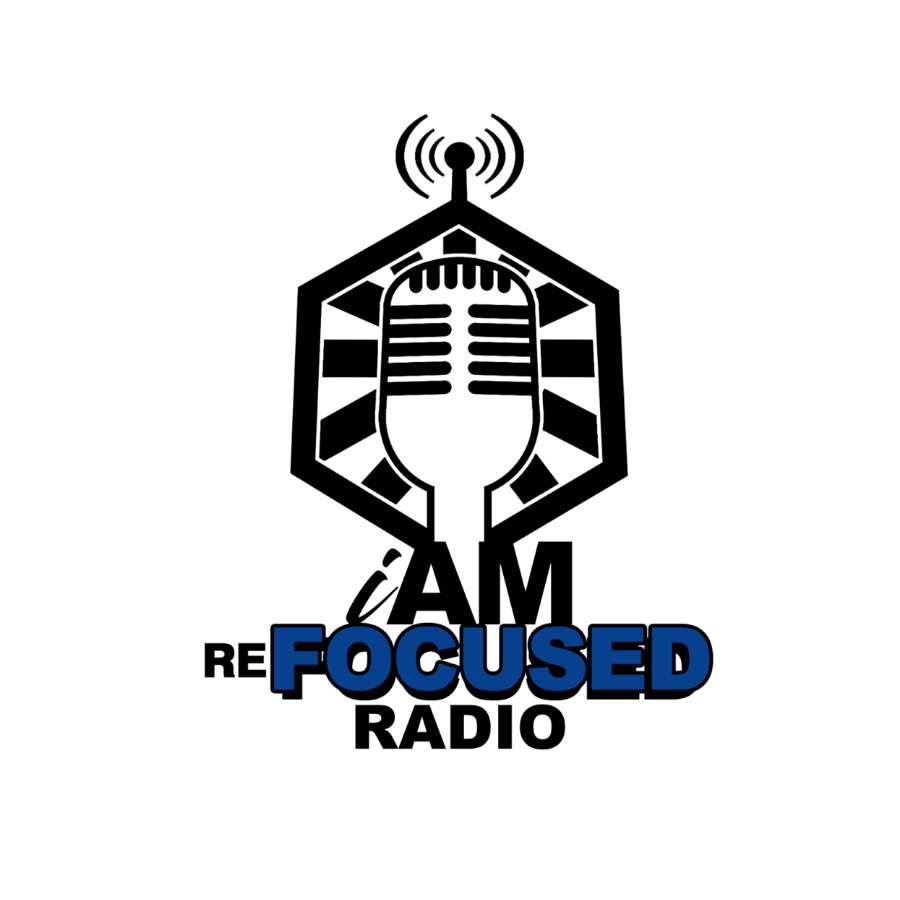Foster care and support technically end when a child turns 18.
“I wanted to do it on my own, but I wasn’t really capable of it. I needed the help,” said 19-year-old Elizabeth, who aged out over a year ago after bouncing around the foster care system starting at age two.
“As foster kids, in our minds, it’s like, ‘What can get worse from here? We’ve been through the most. We’ve made it through that. So, you know, we got it from here,’” she explained.
Elizabeth also knows that perspective can land teens in dangerous situations.
“They end up homeless, possibly trafficked and just really struggling on that next phase of their life if they don’t have the supports in place that they need,” said Charrelle Herber, Program Director of Specialty at the foster care organization SJRC Texas and it’s placement wing Belong.
Herber’s team starts educating foster kids as young as 14 about their options when they age out, which include a list of programs.
Some of those programs are the Circles of Support, and Preparation for Adult Living (PAL) programs, which identify what skills the child need to learn and then they teach them.
“We’re working on them with transportation, budgeting, communication, relationship building, making sure they have healthy relationships, making those good decisions,” Herber said.
Those may seem like simple adult life skills, but many foster kids don’t have parents to teach them.
“Us foster kids, we don’t want to ask for help. We already feel kind of like a burden, because we don’t have the support of parents,” Elizabeth explained.
Still, Elizabeth knew her options and gained the confidence to do extended foster care, which helps support her up to 21 years old.
The support can fund four years of college, and sometimes housing with a Supervised Independent Living program.
“The extended care program I’m in requires you to work and go to school,” Elizabeth said.
Right now she’s working in a daycare while studying at St. Phillips College to eventually be a NICU nurse.
Elizabeth wants younger foster kids to know that could be them, too.
“I met a lot of foster kids younger than me. I’ve educated them a lot on the resources that we have after care. Because a lot of kids are 17 and they’re like, ‘Where do we go from here? What do I do now?’” Elizabeth said.
While it can be hard to swallow pride and believe in themselves, Elizabeth tells them it’s worth it.
“There’s nothing they can’t do. We’ve been through the most, and we made it here,” she said.
If you want to learn more about becoming a kinship family, you can visit the SJRC Texas website.
You can also help by participating in our KSAT Community phone bank on Tuesday, May 14. Between noon and 7 p.m., you’ll learn more about foster care, ask questions, and even pledge financial support during the live broadcast. Those donations can be financial or by Amazon Wishlist.
During National Foster Care Awareness Month, KSAT is shining a light on community needs, showing what resources SJRC Texas and Belong have available, and allowing the community to help out.
